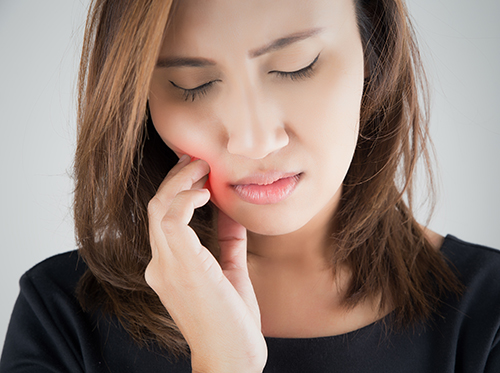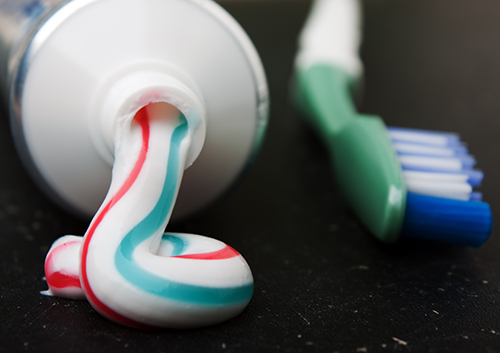Toothaches and Abscesses
December 11th, 2024

With Dr. Pohl, emergency dental care is only a phone call away. Dental problems are uncomfortable and should always be treated as soon as possible to prevent them from getting worse.
Whether it’s an abscess or a toothache that you believe might be something more, it’s vital to pay attention to your body and give it the attention it needs. Below, you’ll find some more information about abscesses and toothaches that may clarify any doubts about the differences, whether you may be suffering from one of them … and what to do if you are.
Abscesses
What’s an abscess? It’s a bacterial infection: an accumulation of pus that can form inside a tooth or the gums and cause pain and swelling. It generally develops as a result of poor oral hygiene.
Bacteria lives in plaque so if plaque isn’t removed on a regular basis, it can build up and encourage bacteria to spread, which could ultimately result in an abscess. Antibiotics aren’t always needed for treatment, you should get this situation checked out as soon as possible. If left untreated, oral infections can lead to bigger complications.
Toothaches
Toothaches can happen for a number of reasons. The simplest, most common one is a piece of food that is stuck in your gum, which can cause a bit of swelling and discomfort.
To get rid of it, you can rinse your mouth with hot water and salt, every morning and evening. This helps kill bacteria and bring down the swelling. You can also gently floss the area to remove whatever is stuck there. If you experience bleeding while you’re flossing, and hot water with salt proves ineffective, it may be time to schedule an appointment.
If you’re especially sensitive to cold and heat, you may often experience toothaches. If this is the case, we can recommend a pain reliever to reduce the discomfort, but it’s worthwhile to come in for a check-up anyway to make sure the problem doesn’t get worse.
The last (and most obvious) reason for a toothache is a cavity. Depending on how bad it is, we might fill it or place a crown. The tricky thing with cavities is that sometimes you may not know you have one at all, especially when they’re just starting out. The best way to prevent them from getting worse and creating toothaches is by keeping up with your regular dental cleanings.
At Buttermilk Dentistry, we’re here to assist you through any and all your dental emergencies! We encourage you to make an appointment at our Crescent Springs office if you notice any signs of discomfort, so we can provide the most efficient care for you.






 Website Powered by Sesame 24-7™
Website Powered by Sesame 24-7™